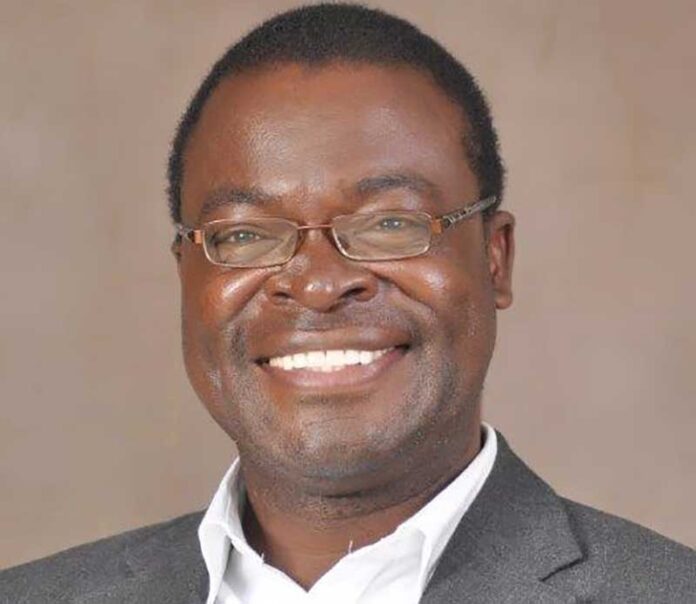
Africa could expand its economy by a staggering $1.5 trillion dollars, by capturing just 10 percent of the speedily growing artificial intelligence (AI) market, set to reach $15.7 trillion by 2030.
Addressing the third Africa Regional Science, Technology and Innovation Forum, UN Under-Secretary-General and Executive Secretary of the Economic Commission for Africa (ECA), Vera Shongwe said: “AI growth can help in creating additional high value and decent jobs, diminish poverty, increase the productivity of firms, preserve the environment and foster better living conditions.”
She was being represented by the Director of the Technology, Climate Change and Natural Resource Development Division of ECA, Jean Paul Adam.
“Research has shown that AI has the potential to solve some of the most pressing challenges facing Africa and drive sustainable development in agriculture, health, infrastructure, financial and public services and climate change,” Songwe said.
ECA’s Executive Secretary said the Republic of Congo, which is hosting the Forum in situ in Brazzaville and online, finds itself in a special sub-region, blessed with natural capital, such as huge forests.
However, these forests have been disproportionately depleted, in comparison to those of other parts of the world, partly due to climate change.
Artificial intelligence, she argued, could enhance already existing technologies which have been used to tackle COVID-19, to solve such climate change problems.
The imminent creation of an African Artificial Intelligence Research Centre in Brazzaville, Congo, with support from ECA, could give momentum to this new movement in Africa.
Léon Juste Ibombo, Congo’s Minister of Posts, Telecommunications and Digital Economy, praised ECA for its background work towards establishing the Centre, which, he said, “demonstrates Africa is innovative and uninhibited.”
The Centre is being designed to improve the current landscape of Artificial Intelligence research in Congo and in Africa in general, to orient the use of AI to foster economic and social development, while promoting close collaboration between academia and the industrial sector in AI and robotics across Africa.
According to Shamila Nair-Bedouelle, UNESCO’s Assistant Director-General for Natural Sciences, it is such investments and strong partnerships for capacity building in science, technology and innovation which would accelerate the implementation of the Sustainable Development Goals (SDGs) in Africa.
“Innovation cannot be decreed; it is planned and designed!” enthused Arlette Soudan-Nonault, Minister of Tourism and Environment of the Congo.
“Africa therefore has no excuse to be absent from the big rendezvous of innovation, which defines the 21st century,” she warned, adding that university dons, economists and, industrialists must come together to lead today’s leaners into this exciting world.
In such a world, “the STI that we teach will determine what our continent will become,” echoed – Amon Murwira, Minister of Higher and Tertiary Education, Innovation, Science and Technology Development, Zimbabwe.
“Our industry must emerge from our classrooms and laboratories,” supported by the correct educational system design and framework which no longer teaches students about “where they get things but how to make things,” he insisted, as he cited his country’s ‘Education 5.0’ philosophy. The philosophy is sequenced on (i) teaching, (ii) research, (iii) community outreach, (iv) innovation and (v) industrialisation.
It is therefore up to Africa to take up this challenge of rapidly improving investments and attention to STIs, hinged upon its endowments in nature and biodiversity – “our surest guarantee” – said Parfait Aimé Coussoud Mavoungou, Minister of Scientific Research and Technological Innovation of Congo, and incoming Chair of the Forum.
ARSTI2021 features several debates and breakout sessions to follow-up and review of progress made since the first two sessions of 2109 and 2020.
It has also featured an innovation bootcamp for young Africans, both in person in Brazzaville and connecting from across the continent and affording them an opportunity to develop projects using skills they have learnt in relation to robotics and AI, as well as access to 3D printing technologies.
By the time the Forum rounds off on Friday, it would have identified potential mechanisms and measures that African countries could deploy to leverage STIs for achieving the Sustainable Development Goals and the Aspirations of Agenda 2063.











